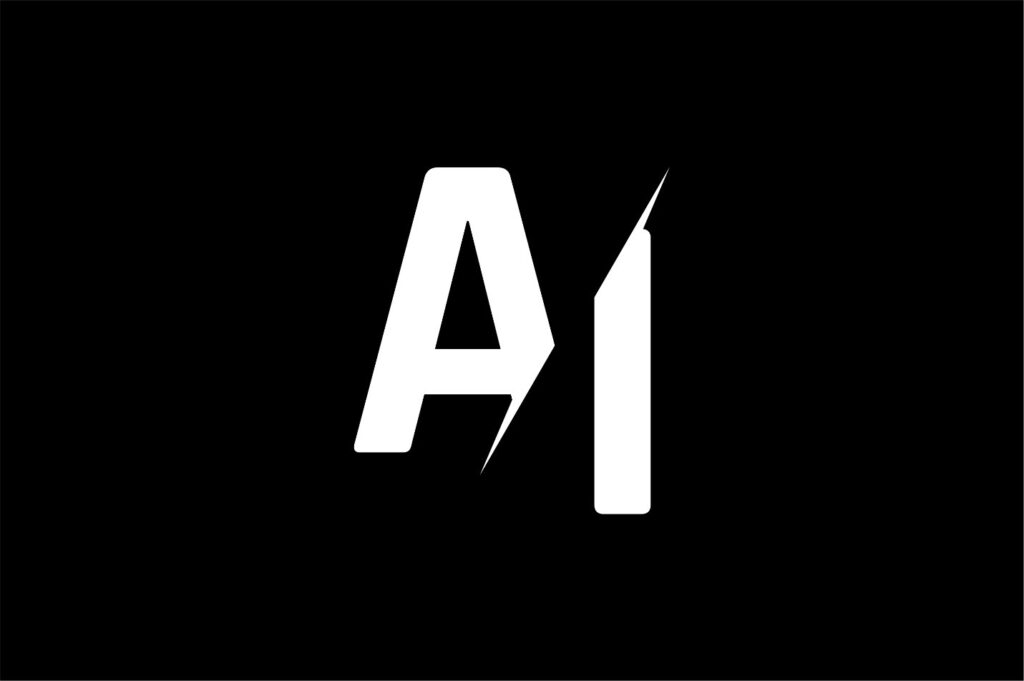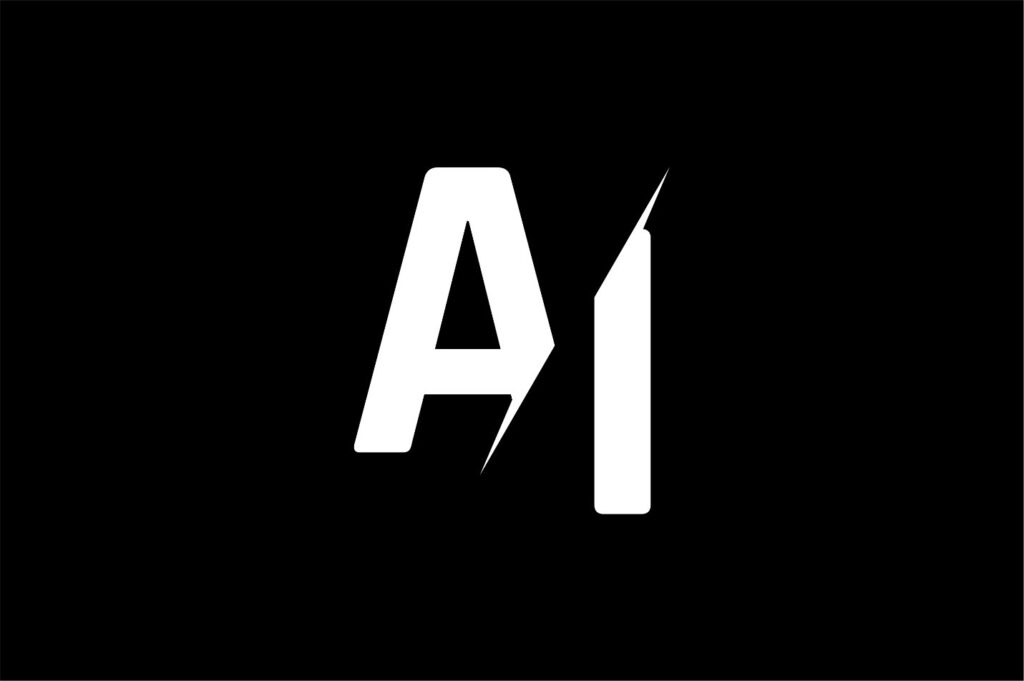
Pharmaceutical manufacturers are implementing AI for everything from manufacturing to marketing
A 2024 report from the global consultancy firm McKinsey & Company sets out how, using artificial intelligence (AI), pharmaceutical companies can use the new technology to more quickly identify compounds for new drugs, accelerate their development and regulatory approvals, and learn how to better market them.
AI could add an additional US$110 billion in value annually
The report identifies six areas where AI can add value: commercial, research and early discovery, clinical development, enterprise, operations, and medical.
To fully realize the value AI can add to pharmaceutical companies they must come to terms with several, often overhyped, myths about AI:
- AI alone will be the primary driver of added value (It’s not.)
- AI is a plug-and-play tool (Nope.)
- AI is an instant game changer (Not even close.)
The reality is more complex according to McKinsey. AI will add value to pharmaceutical companies but its primary benefit will be to enhance existing processes. Plugging AI into existing processes and systems is only the first step to realizing AI’s gains; the benefits will come when business leaders from all sectors of the enterprise collaborate to ensure AI is fully and properly integrated into business operations. Integrating AI should be a deliberate process. McKinsey suggests first integrating it into two, comparatively small, business operations. After achieving success there, then roll it out successively in two more business units and then two more, and so on.
Most of the use cases for AI in pharmaceuticals will largely be in four broad areas of the business: knowledge, compound and content extraction (such as generative chemistry), customer engagement, and coding and software generation.
Not so fast, AI’s benefits will take time
As an example of industry adopting a new technology, McKinsey & Company cites the introduction of electricity in the 1870s. The technology required more than a change of pulling out steam power by the roots and replacing it with electricity. A business’s architecture and production processes had to change. The way workers were recruited, hired, and paid had to be modernized too. While it might not take the roughly 40 years it took to swap out steam for electricity, AI’s strategic advantages will require planning and patience to improve profitability.

Top 3 Takeaways
- AI can add value to pharmaceutical companies, but it’s not a one-and-done fix.
- All of a pharmaceutical enterprise’s business leaders will need to be engaged in AI implementation to ensure its success.
- Roll out AI in your pharmaceutical companies in a 2×2 approach
#AI #AI Today #Pharmaceuticals #AI integration
AI will add value to pharmaceutical companies but its primary benefit will be to enhance existing processes.

Top 3 Takeaways
▪ AI’s impact on the environment has its benefits and its drawbacks
▪ Generating AI can consume up to 10% as much of a local water company’s supply
▪ Instead of using large language models for simple tasks, consider using small language models
#AI #AI Today #artificial intelligence #pharmaceuticals





